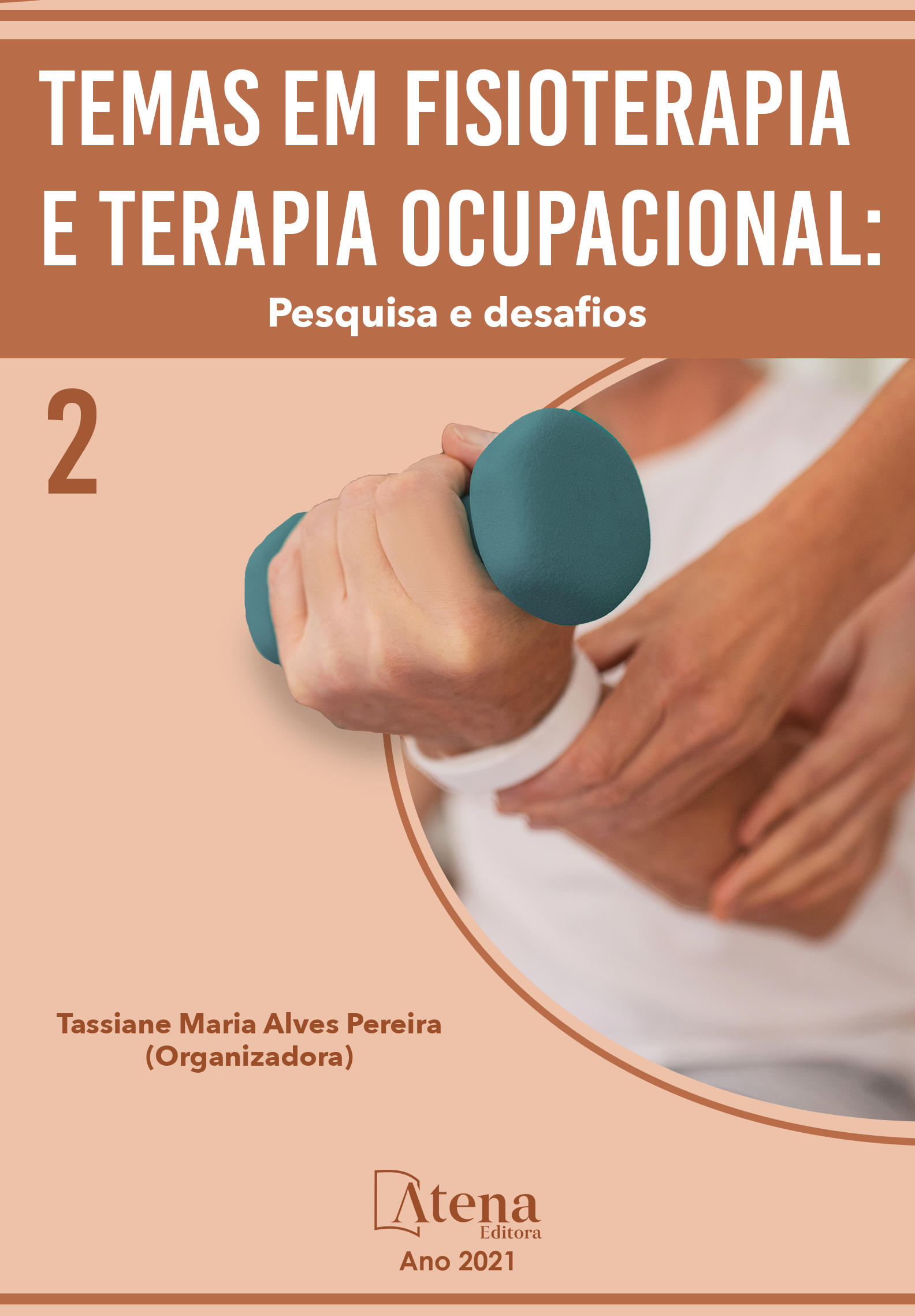
ESTUDO DA SÍFILIS CONGÊNITA NO ESTADO DO ESPÍRITO SANTO: ANÁLISE EPIDEMIOLÓGICA DE UMA DÉCADA
A sífilis é uma Infecção Sexualmente Transmissível, milenar, que persiste como grave problema de saúde no mundo. É transmitida por via transplacentária da gestante infectada pelo Treponema pallidum e, se não tratada, pode trazer risco para a criança e para a gestante. O objetivo deste estudo foi descrever a ocorrência da sífilis congênita no estado do Espírito Santo, considerando-se o perfil epidemiológico das gestantes cujos recém-nascidos tiveram sífilis congênita. Trata-se de um estudo epidemiológico descritivo, de série histórica, com dados do Sistema de Informação de Agravos de Notificação (SINAN). A população do estudo, foi composta pelos casos de sífilis congênita notificados no período 2008 a 2018 (N=3.913). Nesse período foram notificados 3.913 casos de sífilis congênita. A prevalência foi mais elevada entre indivíduos da raça parda, 2.193 (56%) dos casos. A maioria das mães possuía pelo menos de 5 a 8 anos de estudos (20%), e 3.464 (89%) residia na zona urbana. Quanto à realização do pré-natal entre as gestantes cujos recém-nascidos tiveram diagnóstico de sífilis congênita, observou-se que 3.032 (77%) realizaram o pré-natal. Em 1.143 (60%) casos, o diagnóstico de sífilis materna ocorreu no momento do parto/curetagem, e em 321 (17%) após o parto. O parceiro recebeu tratamento em apenas 53 (14%) casos, e o percentual de tratamento ignorado/em branco foi de 744 (19%). Foram notificados 8.798 casos de sífilis em gestantes nesse mesmo período e, em relação à idade dessas gestantes, a faixa etária variou de 10 a 59 anos. Observou-se uma porcentagem relativamente significativa de mães com sífilis na adolescência, correspondendo a 2.573 (29,2%) gestantes entre 10 a 19 anos. Na faixa etária de 20 a 39 anos foram notificadas 6.088 (69,19%) mulheres. Os casos confirmados de gestante com teste não treponêmico reativo foram notificados em 7.242 (82,31%) mulheres, já com teste não treponêmico não reativo foram notificados em 179 (2,03%) casos.
ESTUDO DA SÍFILIS CONGÊNITA NO ESTADO DO ESPÍRITO SANTO: ANÁLISE EPIDEMIOLÓGICA DE UMA DÉCADA
-
DOI: 10.22533/at.ed.88321180613
-
Palavras-chave: Saúde Materno-Infantil; Saúde pública; Treponema pallidum
-
Keywords: Maternal and Child Health; Public health; Treponema pallidum
-
Abstract:
Syphilis is an age-old, Sexually Transmitted Infection that persists as a serious health problem in the world. It is transmitted via the transplacental route of pregnant women infected with Treponema pallidum and, if left untreated, can bring risk to the child and the pregnant woman. The aim of this study was to describe the occurrence of congenital syphilis in the state of Espírito Santo, considering the epidemiological profile of pregnant women whose newborns had congenital syphilis. This is a descriptive epidemiological study, of a historical series, with data from the Information System for Notifiable Diseases (SINAN). The study population consisted of cases of congenital syphilis reported in the period 2008 to 2018 (N = 3,913). During this period, 3,913 cases of congenital syphilis were reported. The prevalence was higher among individuals of the brown race, 2,193 (56%) of the cases. Most mothers had at least 5 to 8 years of study (20%), and 3,464 (89%) lived in the urban area. As for the performance of prenatal care among pregnant women whose newborns were diagnosed with congenital syphilis, it was observed that 3,032 (77%) performed prenatal care. In 1,143 (60%) cases, the diagnosis of maternal syphilis occurred at the time of delivery / curettage, and in 321 (17%) after delivery. The partner received treatment in only 53 (14%) cases, and the percentage of treatment ignored / blank was 744 (19%). 8,798 cases of syphilis were reported in pregnant women in the same period and, in relation to the age of these pregnant women, the age range ranged from 10 to 59 years. A relatively significant percentage of mothers with syphilis in adolescence was observed, corresponding to 2,573 (29.2%) pregnant women between 10 and 19 years old. In the age group of 20 to 39 years, 6,088 (69.19%) women were notified. Confirmed cases of pregnant women with reactive non-treponemic test were reported in 7,242 (82.31%) women, whereas with non-reactive non-treponemic test were reported in 179 (2.03%) cases.
-
Número de páginas: 10
- Samilly Ariany Corrêa Morau
- Danielle Salatiel de Aquino
- Priscila Ziôto de Souza Marchioro
- Severo conopca junior


